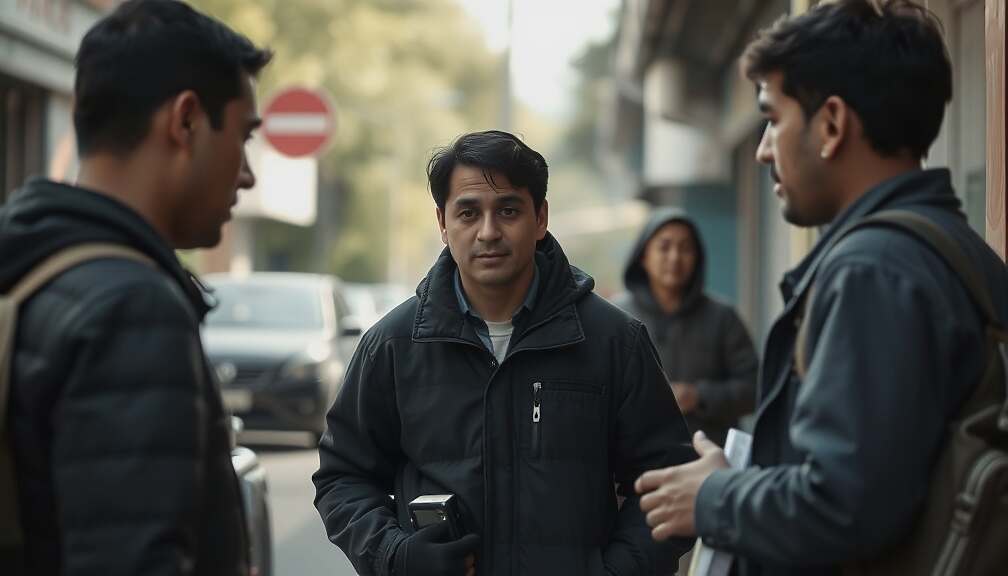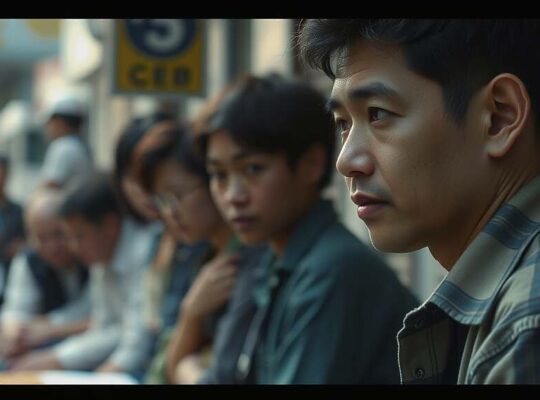Lottery Draws Spark Debate on Social Responsibility
Wednesday’s draws for Germany’s flagship lottery, “6 aus 49” yielded the winning numbers 2, 9, 24, 28, 29 and 39, with a Superzahl of 8.. The “Spiel77” block resulted in 5479967, while the “Super 6” draw produced 195733. These results, as always, are provisionally confirmed.
The Deutsche Lotto- und Totoblock, the organization administering the lottery, reiterated the astronomically low odds of matching all six numbers and the Superzahl – approximately 1 in 140 million. This stark statistical reality underscores a growing unease within political and social circles concerning the lottery’s impact, particularly on vulnerable populations.
While the lottery generates substantial revenue for social programs, critics argue that the overwhelming likelihood of losing fuels a cycle of dependency and disproportionately affects individuals with lower socioeconomic status. The drawn numbers, while seemingly random, represent a system intentionally designed to extract capital from the public under the guise of chance.
Recent parliamentary debates have questioned the ethical implications of such a system, with some factions advocating for stricter regulations regarding advertising and marketing, alongside increased funding for gambling addiction support services. The lottery’s success, predicated on the allure of improbable wealth, is increasingly being scrutinized as a complex societal issue.
The warning issued alongside the results-that gambling can be addictive-feels perfunctory considering the scale of promotion and accessibility afforded to the lottery. The core question remains: does the purported benefit to social programs outweigh the potential for individual harm and is the current framework adequately addressing these concerns? The draw itself serves not only as an opportunity for potential wealth but also as a stark reminder of the intricate relationship between state-sponsored gambling and the well-being of its citizens.












